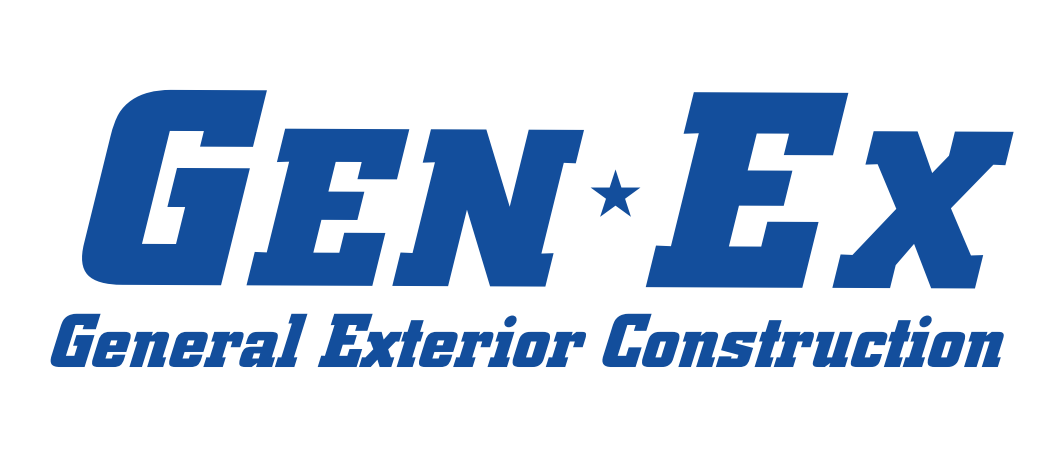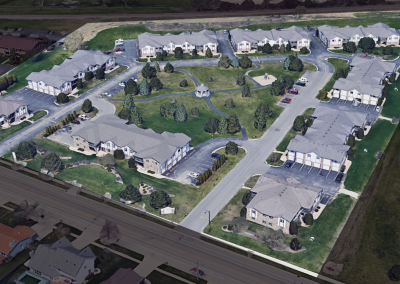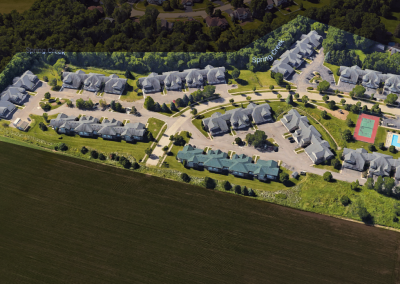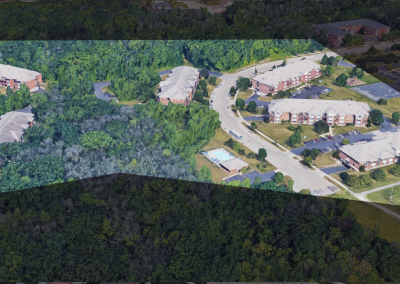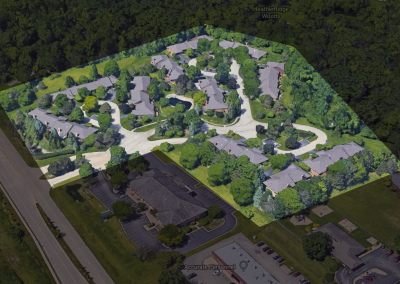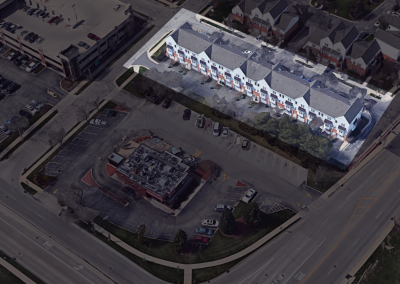Commercial Roof Service Bull Valley IL.
Commercial Roofing Contractors Bull Valley
Gen Ex Construction has been providing roofing service to the businesses of Bull Valley Illinois and surrounding areas for over 10 years. From warehouses to strip malls. Gen Ex has helped businesses solve all their roofing problems. We do more than just installation as well. We work with companies to repair and maintain their roofs as well. So when you need a long-term partner to help with your roofs, look no further than Gen Ex Construction.
Commercial Roof Bull Valley
When it comes to your business, the right roof can make a big difference. Flat or sloped means your options are different. Flat roofs tend to be on wide or tall buildings such as strip malls, warehouses, and skyscrapers. These roofs are flat for a reason because most of the HVAC and exhaust equipment on the roof needs to be worked on, and a sloped roof means the potential for falling. Smaller buildings have sloped roofs much like homes. Some of these commercial buildings are homes that were converted into commercial buildings or older buildings, which present their own set of unique challenges. Either way, having extensive knowledge in both is what makes the difference. With an unlimited roofing-license, Gen Ex is certified to be able to work on all types of roofs.
Common Sloped roof types Installed in Bull Valley are:
- Tile – Tile is one of the longest-lasting roofing materials for sloped roofs. Often tiles can last for years and only need to be replaced if they become damaged. Tile roofs are not cheap and have quite a bit of weight to them as well.
- Shingles – A common roofing material, Shingles are made up of sheets of asphalt. Shingles are an inexpensive option for roofing material and come in a variety of colors.
- Metal – Like flat roofs, sloped roofs can have metal roofing as well. They have the same benefits of durability, but also the same drawbacks of cost and weight.
Common Flat roof types Installed in Bull Valley are:
- EPDM – is commonly known as rubber roofing. This is an inexpensive and lightweight roofing material that can resist UV rays. An added benefit of this lightweight roofing material is that it doesn’t have to be reinforced. The downside to EPDM is that the material is easily punctured by hail or falling branches. It also is not very aesthetically pleasing to look at.
- Metal – One of the most durable of the types sheets of metal is laid down on top of the roof giving it all-weather capabilities that resist damage. The downside to metal roofs in addition to their cost is the weight. Metal Roofs are heavier than other roofing material and often need to have special support or reinforcement for installation.
- TPO – This roofing material is a thermoplastic polyolefin roof. It is an inexpensive material that is lightweight. TPO is also white which reflects the heat from the sun helping to keep your building cool. The drawback of TPO roofing is that it is not fire-resistant, meaning a fireproofing process will need to be included.
- Asphalt Rolled Roofing – This is one of the oldest styles of commercial roofing out there. Sheets of Asphalt are heated up and rolled onto the surface to create a weatherproof seal. While inexpensive as well, it has one of the shortest life expectancies at around 10 years.
- PVC – Similar to the pipes that run throughout most homes. PVC roofs are one of the more durable options while still being lightweight. The heat welding process creates strong, lasting bonds that will last and is flexible while being UV resistant. The biggest downside to this roofing material is cost. PVC is one of the more expensive options and does not stand up as well in colder weather.
